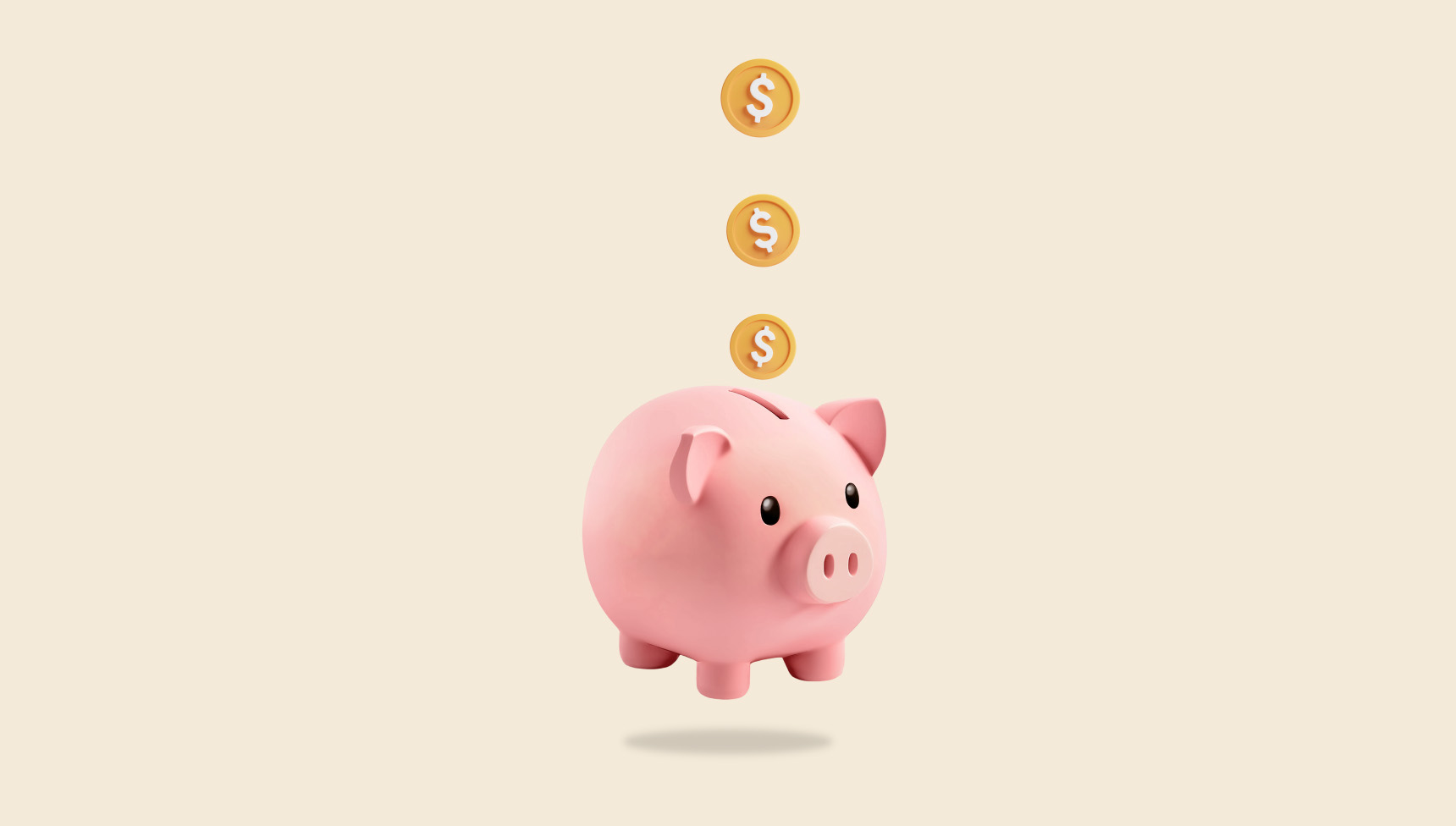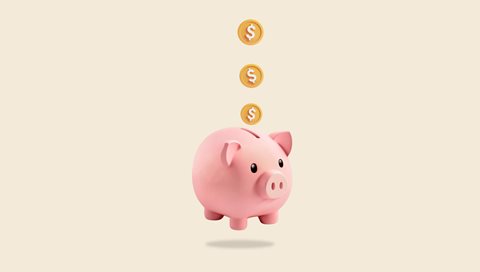Every dollar you earn through hard work counts, and that includes the money you earn that goes into your super. So, what can you do if you have unpaid super?
Imagine you had worked many hours, and on your scheduled payday, you didn’t receive your pay. Most people would reach out to their employer to ask what was causing the delay. Well super is no different and is just as much your money as your regular wage (the main difference – your super is your money set aside for the future).
Unpaid super includes super contributions that haven’t been paid in full, on time, or to the right super account. Most employers do the right thing and are on the ball when it comes to paying your super. But we're all human, and mistakes can happen.
That’s why it’s important to stay on top of your Super Guarantee (SG) contributions and understand your options if you have unpaid super and what your employer’s obligations are.
What can you do if you have unpaid super?
Discovering you have unpaid super may initially be a shock, but it's not the end of the world. If you think you may be owed unpaid super, there are steps you can take.
Are you eligible?
Firstly, not everyone qualifies for super from their employer. So, before you do anything, make sure your employer is required to contribute to your super in the first place. This can depend on your age, your employment status, and other factors. Read more about eligibility for the Super Guarantee.
Check your payslips and super statements
Pull out your payslips and super statements. See the correct super contribution amount listed on your payslip? This doesn’t always mean that the contribution has been made into your super fund. That’s why you should still cross-check this with your super fund's member statement and/or contributions history. Depending on your super fund, you can usually do this online through a member portal or an app. It should show you all the employer contributions that your employer has paid. You can also see this by logging in to the Australian Taxation Office (ATO) online portal via myGov.
Rest members can jump on the Rest App or MemberAccess and see their super balance and employer contributions whenever they want.
Speak with your employer
If things still aren't clear, it's a good idea to approach your employer. They should be able to provide you with more information. You can start by asking them questions like:
- How often are you paying my super?
- Which super fund are you paying my contributions to?
- How much super are you paying me?
Communication is key here, and it's all about resolving your uncertainties.
Contact the ATO
If you've followed all the steps and you believe you haven’t been paid super or the right amount of it, you can report your unpaid super to the ATO. They can help you sort out the issue. But keep in mind that they can only investigate an enquiry one month after the SG payment due date (see below) for the quarter.
How often does your employer have to pay super?
Employers are generally required to pay super at least four times a year. Some employers may need to contribute more regularly if it’s required under an award or industrial agreement. They may also choose to make super contributions more frequently than what’s required.
There are deadlines by which employers must pay your super contributions and these are set 28 days after the end of each quarter.
Due dates for Super Guarantee contributions:
| 1st |
1 July – 30 September |
28 October |
| 2nd |
1 October – 31 December |
28 January |
| 3rd |
1 January – 31 March |
28 April |
| 4th |
1 April – 30 June |
28 July |
| 1st |
| 1 July – 30 September |
| 28 October |
| 2nd |
| 1 October – 31 December |
| 28 January |
| 3rd |
| 1 January – 31 March |
| 28 April |
| 4th |
| 1 April – 30 June |
| 28 July |
What is the Super Guarantee charge for unpaid super?
An employer must pay an SG charge to the ATO if they fail to pay an eligible employee’s super in full, on time, and to the right super fund. Think of it as a charge for employers who missed a payment, paid less than required, or couldn’t pay on time.
For an employer, the SG charge is a bigger expense than the super contributions they’re required to make, as it also includes interest and administration fees. It’s also not tax-deductible for the employer.
How much super are you entitled to?
If you’re eligible for the SG, the minimum super contribution your employer must pay you is currently 12% of your pay (or specifically, your ordinary time earnings).
How much SG you’re entitled to is based on the SG contributions rate. This is the minimum percentage of your ordinary time earnings that your employer must pay to your super fund. For 2025-26, the SG contributions rate is 12%.
Want to see what that means for your pay? Use our SG calculator to estimate your super contributions.
There's also a limit per quarter on how much you can earn and still be eligible for the SG – this is known as the maximum super contribution base (MSCB). Your employer does not have to make SG contributions on the portion of your ordinary time earnings that exceed the MSCB limit.
What is payday super?
Currently, employers need to pay super for eligible workers at least 4 times a year. But the government has proposed a requirement for employers to pay their employees' super at the same time as their salary and wages, starting from 1 July 2026. This is known as the payday super rule. While it’s not yet the law, this would mean that every time you receive your regular pay, your SG contributions will also be paid to your nominated super account.
But before then, it makes sense to get into the habit of checking your SG contributions regularly.







